Collaborations & Affiliations
Together, we are changing the future of human viruses.


Gladstone Institutes
The Ott Lab makes its home in the Gladstone Infectious Disease Institute, where Dr. Melanie Ott serves as Director and Senior Investigator. She is also Senior Vice President of the five-Institute Gladstone Institutes.
Gladstone Institutes is an independent state-of-the-art biomedical research institution that empowers its world-class scientists to find new pathways to cures.
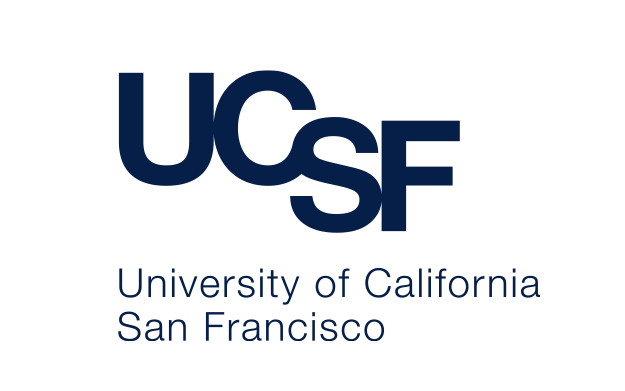
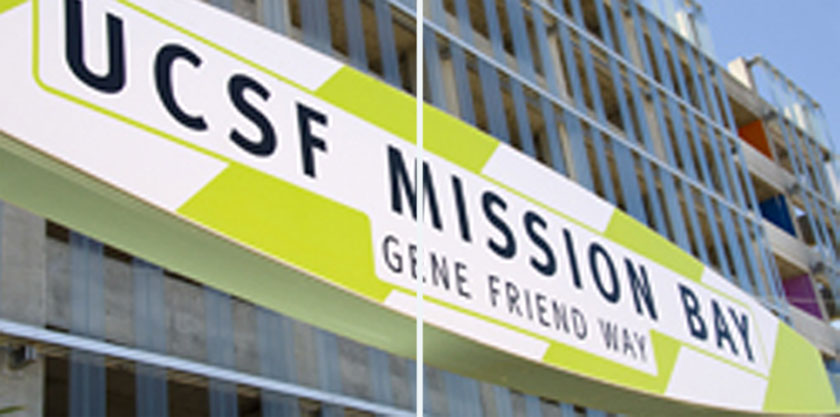
University of California, San Francisco
Gladstone and the Ott Lab are closely affiliated with UCSF, where Dr. Melanie Ott is a Professor of Medicine and member of the Immunology and Microbiology departments, as well as the iMicro (Integrative Microbiology) Program. In addition, Dr. Ott serves as a council member of the Medical Sciences Training Program (MSTP) and is a member of the Biomedical Sciences (BMS) and the Pharmaceutical Sciences and Pharmacogenomics (PSPG) Graduate Programs.
University of California-San Francisco is the leading university dedicated exclusively to the health sciences, with hospitals and educational programs that consistently rank among the best in the country, according to the latest surveys by U.S. News & World Report.
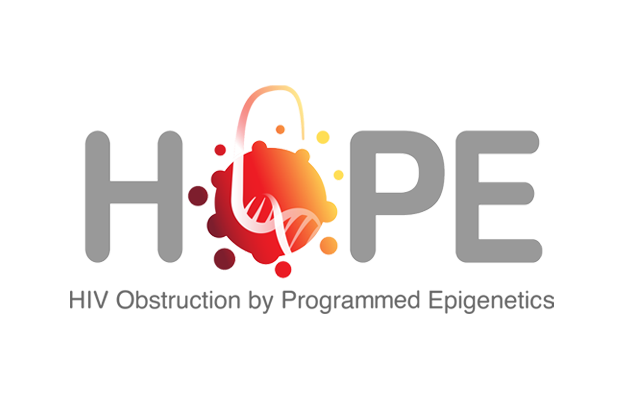
Hope Collaboratory
The Ott Lab is part of a newly formed global “Collaboratory” dedicated to curing HIV/AIDS through a novel “block, lock and excise” approach to the virus. With Dr. Melanie Ott serving as one of the principal investigators, the Ott Lab’s focus is to exploit the epigenetic architecture of the integrated provirus to enhance latency and silence viral activitywithout continuous medication. The Collaboratory will be led by researchers at Gladstone Institutes, Scripps Research, and Weill Cornell Medicine.
The HIV Obstruction by Programmed Epigenetics (HOPE) Collaboratory brings together teams from 11 research institutions around the world — all dedicated to a new approach to curing HIV/AIDS. This approach, which aims to both silence and permanently remove HIV from patients’ bodies, takes advantage of knowledge about how other viruses have become naturally inactivated over time. Coming together for HOPE are the Gladstone Institutes; Scripps Research; Weill Cornell Medicine; Buck Institute for Research on Aging; Cornell University; Heinrich-Pette-Institut (Hamburg, Germany); National Institutes of Health; University of California- Berkeley; University of Sao Paulo (Brazil); Walter Reid Army Institute of Research; and Yale University.


Innovative Gemonics Institute
The Ott Lab works closely with the Hsu, Savage, Fletcher and Doudna Labs at IGI in a TransBay effort on the development of CRISPR-based diagnostics. Melanie serves as a member of the IGI scientific advisory board (SAB).
The IGI is composed of diverse researchers at the UC Berkeley and UCSF. Together, they conduct world-class research, driven by the real possibility to use genome engineering to treat human diseases and end hunger. In addition to our scientific efforts, the IGI is committed to advancing public understanding of genome engineering, providing resources for the broader community, and guiding the ethical use of these technologies.

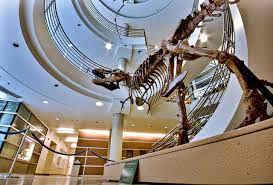
UC Berkeley
The Ott Lab has several close collaborations with groups at UC Berkeley including the Fletcher, Murthy and Yosef labs working on viral diagnostics, and HIV cure efforts.
From a group of academic pioneers in 1868 to the Free Speech Movement in 1964, University of California-Berkeley is a place where the brightest minds from across the globe come together to explore, ask questions and improve the world.
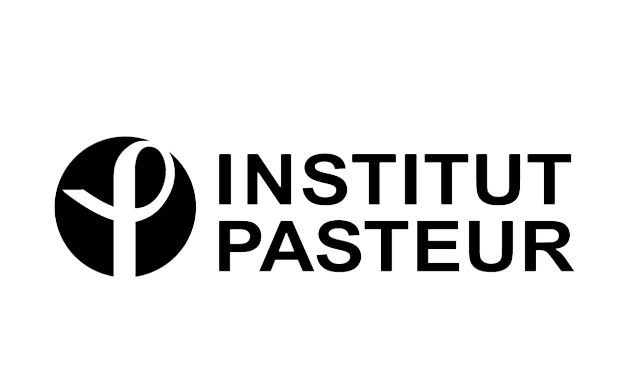
INSTITUT PASTEUR
The Ott Lab is part of an inter-institute collaboration between UCSF and Institut Pasteur to find pan-pathogen epigenetic targets for novel anti-infectious thperapeutics.
The Pasteur Institute is a French non-profit private foundation dedicated to the study of biology, micro-organisms, diseases, and vaccines. It is named after Louis Pasteur, who invented pasteurization and vaccines for anthrax and rabies. The institute was founded on June 4, 1887, and inaugurated on November 14, 1888.

CZ BIOHUB
Together with the Kirkegaard and Sarnow labs at Stanford and the Coscoy Lab at UC Berkeley, the Ott Lab forms an Intercampus Collaborative Research Program effort directed towards unraveling why some bystander cells succumb to infection while others are protected during a spreading viral infection in organoids.
The CZ Biohub was created to empower scienctists to work on the riskiest, most exciting ideas. Its mission is to understand the fundamental mechanisms underlying disease and develop new technologies that lead to actionable diagnostics and effective therapies. The Biohub includes Stanford University; University of California, Berkeley; and University California, San Francisco — teamed with CZ Biohub’s innovative internal team — to catalyze impact, benefiting people and partnerships around the world.

IMMUNO X
Melanie is a member of the Bakar ImmunoX program at UCSF and Ott Lab members are active participants and collaborators in the program.
The Bakar ImmunoX Initiative is an ambitious, first-in-class program at UCSF that uses social engineering, state-of-the-art technologies and infrastructure, and a unique data-sharing model to support a community of researchers and clinicians as they work toward solutions together. By restructuring traditional research, we create opportunities for cross-fertilization of ideas, discoveries, and insights.

Google is a generous supporter of our CRISPR device program.

QBI
The Ott Lab is part of QBI and works closely with QBI members in the QBI Coronavirus Research Group (QCRG) on finding host targets for antiviral therapeutics, especially SARS-CoV-2.
QBI is about breaking down the walls in academia and creating teams of scientists working in diverse disciplines to tackle problems that can only be solved by many groups working together. We believe that big breakthroughs in biomedical research require teams to work together, where each group brings something unique but highly complementary to the problem. QBI will lead by example with teams of scientists solving individual problems – together.

BUCK INSTITUTE
Melanie is an Adjunct Professor at the Buck Institute, and the Ott Lab collaborates with several Buck research programs that examine how aging impacts immunity and viral infections, particularly SAR-CoV-2.
The Buck Institute for Research on Aging is an independent biomedical research institute that researches aging and age-related disease. We hire scientists from a variety of disciplines to attack the problem from all sides because the answers we’re after won’t come from a single field. Everything we do revolves around our commitment to helping people live better longer. The Buck Institute is one of nine centers for aging research of the Glenn Foundation for Medical Research.